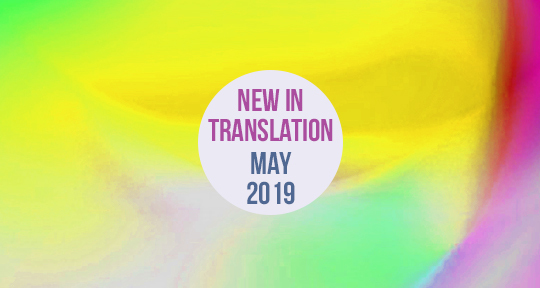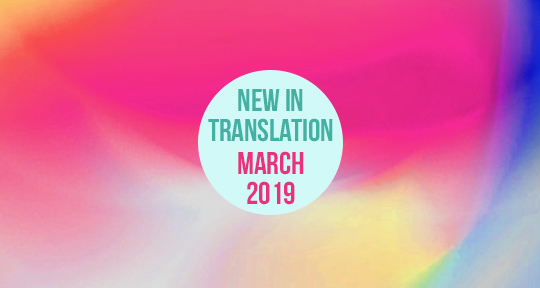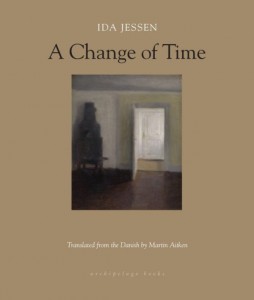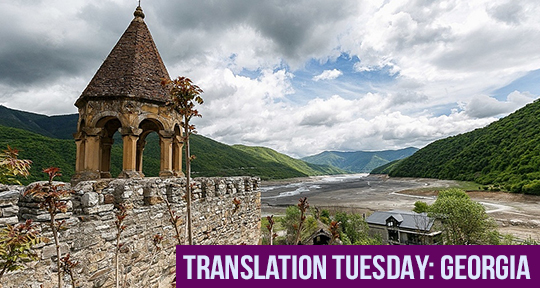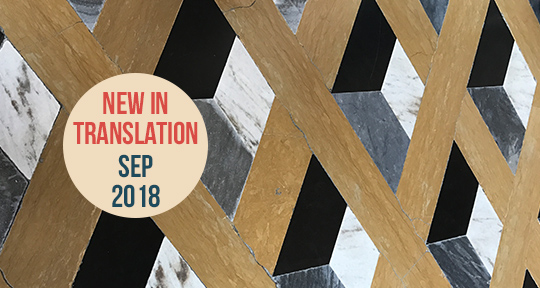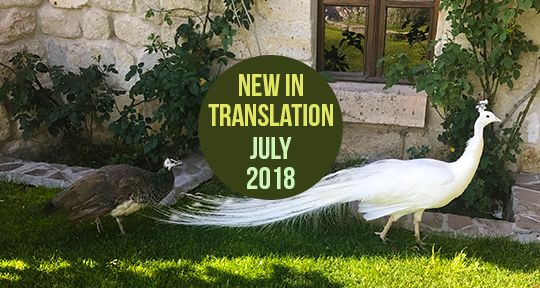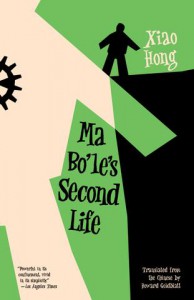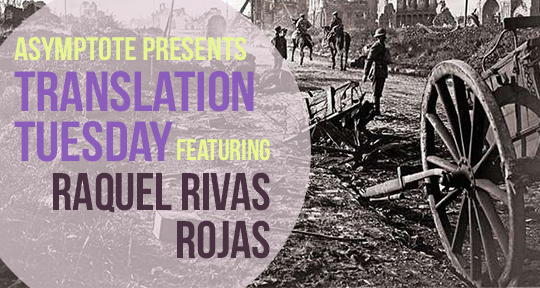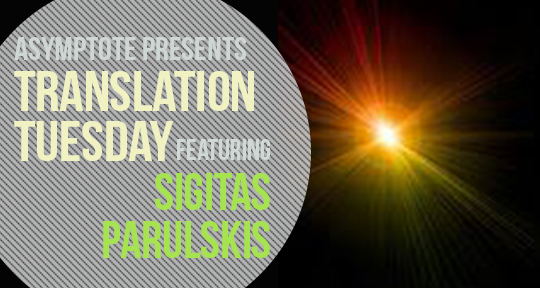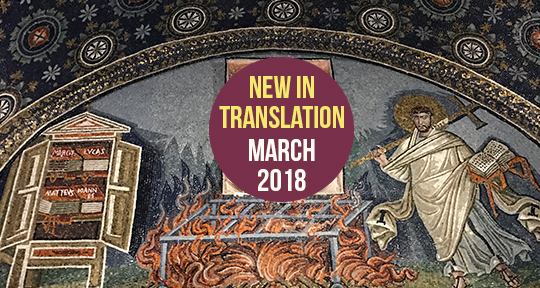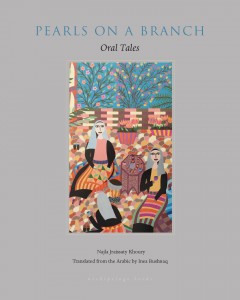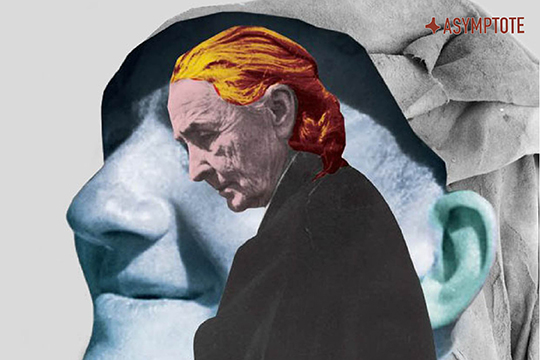Oksana Maksymchuk and Max Rosochinsky are award-winning poets from opposite ends of Ukraine, writing in Ukrainian and Russian, respectively. They work together as translators from Russian and Ukrainian to English, having lived in the US for over a decade. When Crimea, where Max is from, was annexed by Russia, and the war started in Eastern Ukraine in 2014, the geographic and linguistic differences they embody became markers of a conflict they were detached from, yet that was intimately close. The war gave Ukrainian poetry an impetus they could not ignore as translators, prompting them to assemble a collection that documents the war in its multiplicity, from various positions, modes of involvement, across languages. Words for War (Academic Studies Press, 2017), the resulting anthology, replants poetic testimonies of the war away from the local ground—there, the war loses some of its singularity—at once a document of this particular conflict and poems that speak of loss, pain and anger across borders. Today, Asymptote‘s Editor-at-Large for Hungary, Diána Vonnák, discusses this groundbreaking project with Oksana and Max.
Diána Vonnák (DV): When I read the title of your collection, Wilfred Owen came to my mind as one of those poets who became iconic for English war poetry. He wrote this in 1918, just before he died: “This book is not about heroes. English Poetry is not yet fit to speak of them. Nor is it about deeds, or lands, nor anything about glory, honour, might, majesty, dominion, or power, except War. Above all I am not concerned with Poetry. My subject is War, and the pity of War.” These claims are strong and for me they resonated with what you wrote in the preface: “Like broken furniture and mutilated bodies, these poems are traces of what had happened, as well as evidence that it did really happen.” What do you think about the relationship between poetry and war, the aesthetic and the political?
Oksana Maksymchuk and Max Rosochinsky (OM/MR): Words for War is a provocative title. It’s also a difficult title to pull off, in that it can appear glib, easily interpreted in a hortative aspect: “Let’s get ready for war, sing some war songs, and say some war words!” For better or for worse, it’s not that kind of book. Our starting point was a series of observations: there’s a war in Ukraine, and people there think about it and talk about it. Politicians and administrators make speeches about it. Journalists and reporters cover it. It fills news channels and newspapers. Youtube users upload amateur videos from cities affected by war, and your own Facebook friends take different sides. In the streets, you see people in military uniforms; and you see civilians reacting to them, expressing a range of responses from gratitude to overt hostility. You see young men with missing limbs, with deformed faces. And then there are the endless witness reports. Because many people have been to war, and still more have been to the war zone, and they have stories to tell, and stories they prefer to be silent about. In short, war is ever-present, and it uses up a lot of words.
READ MORE…



